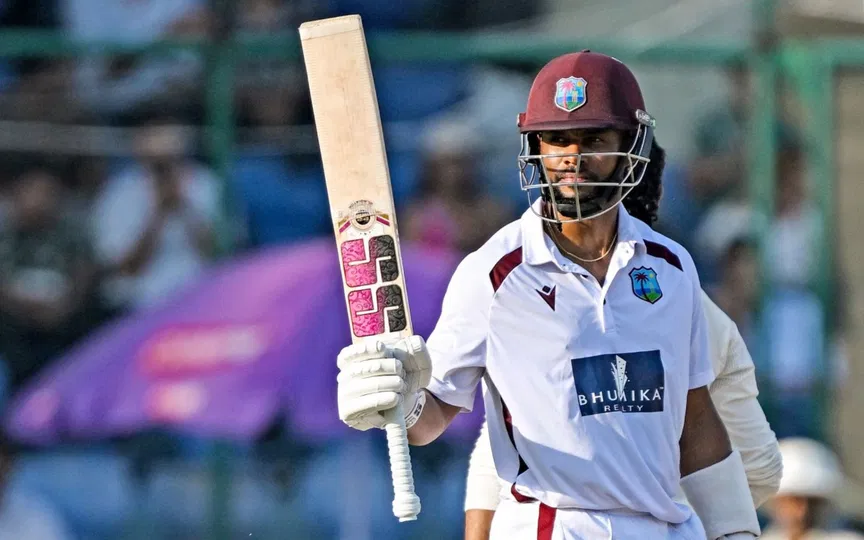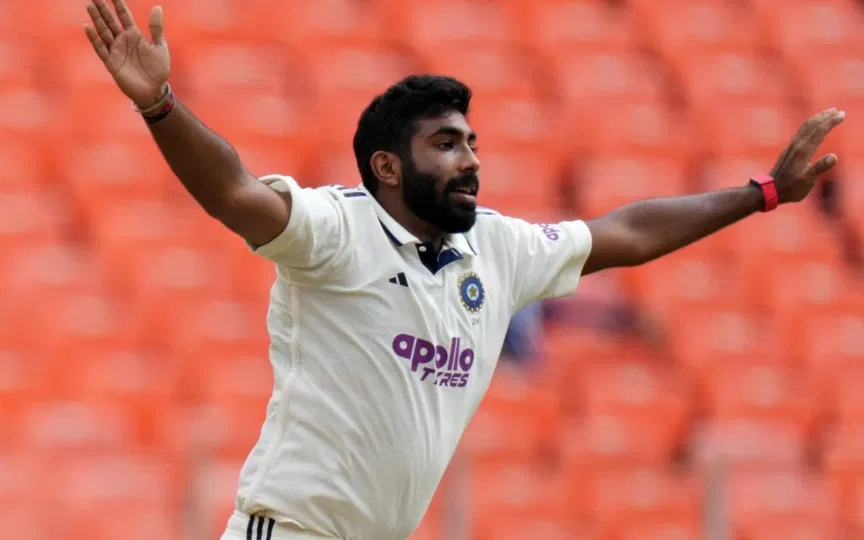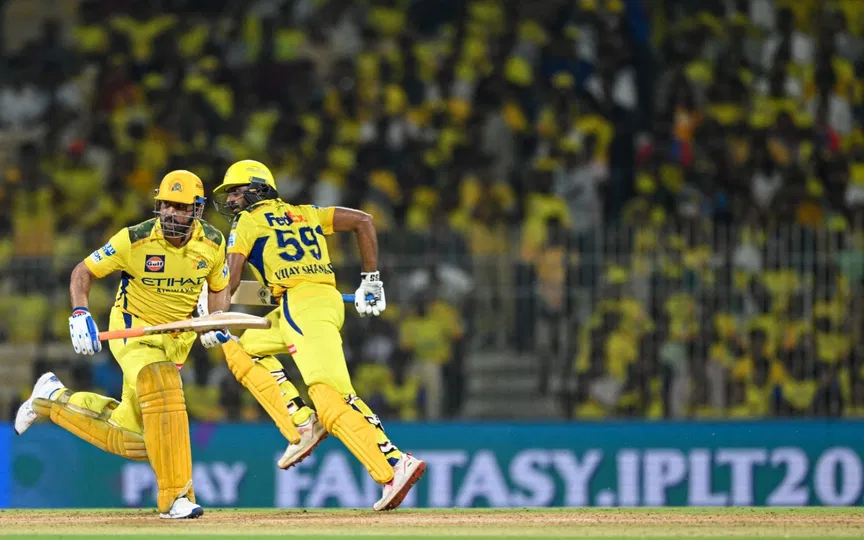![Did India jumped the gun with follow-on call? [Source: @GURmeetG9/X.com]](https://onecricketnews.akamaized.net/parth-editor/oc-dashboard/news-images-prod/1760364051497_Shubman_Gill_India_West_Indies.jpg?type=hq) Did India jumped the gun with follow-on call? [Source: @GURmeetG9/X.com]
Did India jumped the gun with follow-on call? [Source: @GURmeetG9/X.com]
Team India’s early decision to enforce the follow-on against West Indies in the second Test at Delhi has sparked a lot of chatter. What seemed like a confident, aggressive move at first glance now feels like it might have been a touch too hasty.
With the West Indies showing real fight on Day 4, you can’t help but wonder, did India get a bit carried away?
West Indies showed real fight for the first time in this series
After dismissing the West Indies for just 248 in their first innings, India had a massive lead of 270 runs. It was the perfect position to completely dominate the match.
Most teams in that situation would choose to bat again, stretch the lead beyond 450, and remove all pressure. But India took a different route.
Shubman Gill decided to make the visitors bat again, backing his bowlers to wrap things up quickly.
Given that the Windies were bundled on 162 and 146 in the first Test, Team India jumped the gun without taking the pitch and conditions into consideration.
At first, it looked like the decision would pay off. The new ball was doing just enough, and India’s attack seemed full of energy, getting 2 wickets inside 15 overs.
But as the overs went by, the pitch flattened out, the ball softened, and suddenly, things weren’t going according to plan. John Campbell and Shai Hope dug deep, showing the kind of determination West Indies fans have been waiting to see.
Their 174-run partnership not only frustrated the Indian bowlers but also raised a few uncomfortable questions about India’s strategy.
India’s casual approach stretched the game to day 5
To be fair, enforcing the follow-on isn’t always a bad call. It’s a show of confidence, and the message is clear: “We’re here to win, and we’re not wasting time.”
But sometimes confidence can blur into overconfidence. In this case, it felt like India underestimated how much fight the West Indies had left. After all, Test cricket has a funny way of punishing teams that take things lightly.
The bowlers looked tired by the final session. Jasprit Bumrah and Mohammed Siraj gave their all, but the spinners had to work incredibly hard for every wicket.
Even Ravindra Jadeja, usually so effective in the latter innings, struggled to make breakthroughs early on. Shubman Gill appeared clueless as captain. He didn’t use Bumrah as a wicket-taking option.
For the last wicket, Gill’s defensive field allowed the Windies to add 79 runs. Had the Windies done better in the first inning, this Test could've gone either way, resulting in devastating consequence for the host team.
Looking back, India might feel it could have handled the situation differently. A short batting session on Day 3 evening or early Day 4 could have added another 100-150 runs, enough to take the pressure off the bowlers.
Instead, they’ve had to work overtime to finish a match that could’ve been wrapped up with far less effort.
Final thought
Given that every Test matters in this World Test Championship cycle, India cannot afford to be complacent and take things slightly against lower-ranked teams.
A game that should’ve been over on day 3 is now stretched to day 5. Since India are standing at the doorstep of victory, this decision will probably fade away as a small footnote.
But going forward, Shubman Gill and Gautam Gambhir must respect the format. Test cricket rewards patience as much as aggression, and the West Indies’ fightback was a timely reminder of that.
Even dominant teams can be tested when they assume control too early. While India still has the upper hand, this episode shows that in cricket, no lead is ever completely safe, and every decision must balance ambition with caution.


.jpg?type=mq)



